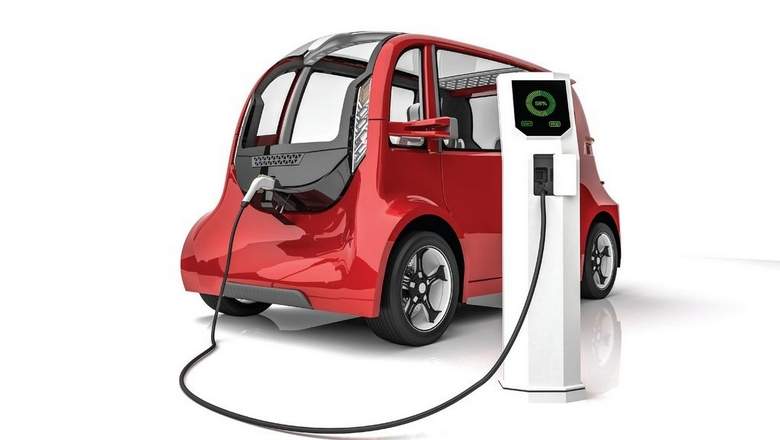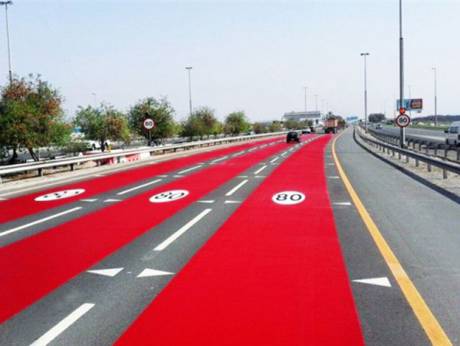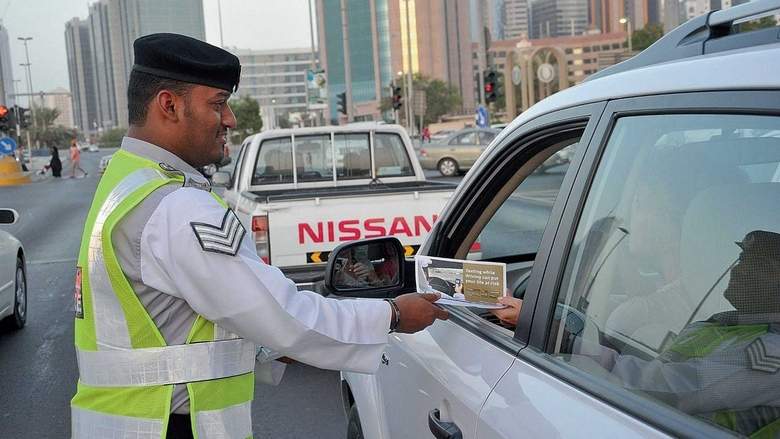
Electric cars are better-looking, charge quicker and ranges on a single charge are increasing.
Probably not. But look up the name Anyos Jedlik, considered to be the unsung creator of the dynamo and electric motor. In 1828, the Hungarian – also a priest, by the way – slapped on what was called a “lightning-magnetic self rotor” he’d made a year earlier into a small car.
While we’re quite sure that his “vehicle” didn’t go miles back then, from wherever Jedlik is, he must be smiling at what he’s seeing today.
About 190 years later, electric vehicles are somewhat a buzzword right now. But – of course – with any new technology that would tend to disrupt the market, there are questions – and doubts.
CONTINUE READING AT
Original Article Source: Khaleej Times

According to the Roads and Transport Authority (RTA) in Dubai, the experiment involved colouring all lanes in an eye-catching style to alert road users of the new speed limit.
Currently, you can spot the red road on Oud Metha Street near the Bu Kadrah Interchange, along the extension of Dubai-Al Ain Street. The maximum speed limit was reduced recently from 100 to 80 kilometres per hour.
Maitha Bin Adai, chief executive officer at the RTA’s Traffic and Roads Agency, said: “The process involved colouring all lanes in an eye-catching style to alert road users of the new speed limit. Asphalt colouring will also be used in phases at locations subject to speed changes on other vital roads in Dubai.”
She said that the next red-coloured road will be on Sheikh Zayed Road near the fifth interchange, with the speed limit changing from 120 km/ph to 100 km/ph.
It will also be applied to the Jebel Ali-Lehbab Road near Lehbab, with the speed limit also set to reduce from 120 km/ph to 100 km/ph, “so that motorists can avoid speeding and radar tickets,” said Bin Adai.
“We anticipate that this course of action will contribute to lowering the number of future accidents. Similar previous actions have contributed to reducing the number of traffic deaths on key streets and highways, which are witnessing the largest number of traffic accidents in the emirate,” said Bin Adai.
CONTINUE READING AT
Original Article Source: Khaleej Times

Road safety experts stress that the introduction of new rules and fines is only one side of the coin.
The amended law introduced by the Ministry of Interior (MoI) that goes into effect from today introduces harsh penalties on some violations yet road safety experts argue that strict enforcement and education need to take place.
CONTINUE READING AT
Original Article Source: Khaleej Times